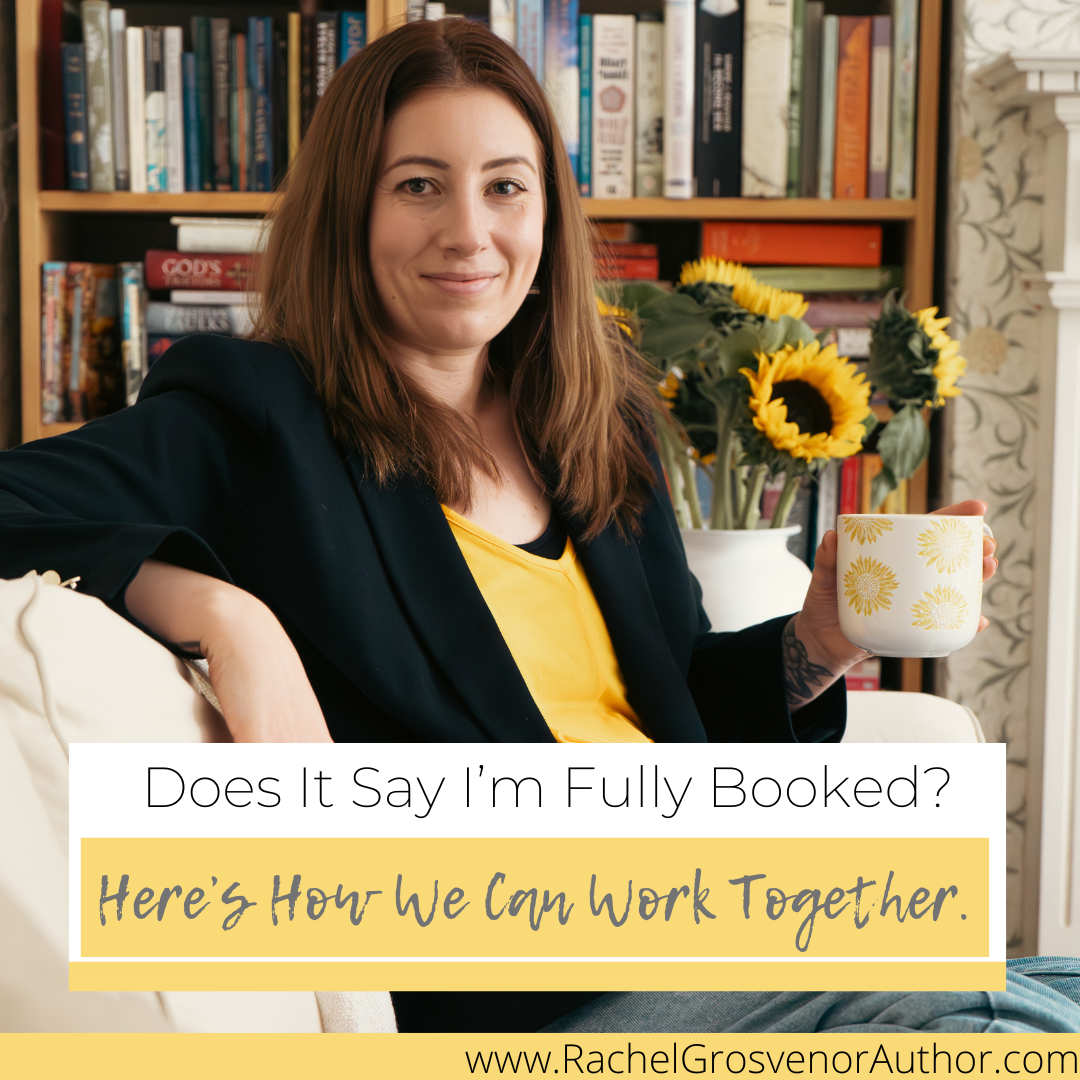Hey writer. When we’re editing, it helps to think about the genre we are writing in. Why? Because your reader sees a genre and comes to your work filled with all sorts of expectations. It can be really fun to subvert reader expectations, so don’t think I’m telling you to stick to genre conventions forever! Instead, use this blog post as a helpful guide for editing for genre to give your readers exactly what they want.
What are genre conventions?
They are the common elements of a story in a specific genre. For example, what pops into your head when someone says high fantasy? You might think of a fictional setting, a quest, magical elements, good vs evil.
Oh! You mean tropes!
Well, not quite, no. You see, there is a difference between genre conventions and tropes. Genre conventions define a genre – if we’re talking high fantasy, we might expect a quest. A trope is a plot device or story element frequently appearing in a genre – but they are not essential to the structure or foundation. A quest within a magical world defines a genre, whereas a trope, like the classic ‘only one bed’ in romance, adds flavour to a narrative. Think of it like a cake – the cake is made up of genre conventions, and the tropes are the toppings – they add spice!
Okay, now we understand what genre conventions are; it’s time to research the conventions of your genre. You can do this in lots of ways, but a great one is to think about your favourite books in that genre. Let’s say you love romance. What conventions from romance do you want to make sure your story has? First of all, it will have to include that genre convention that makes romance what it is – love! Then, you can think about happily ever afters. You’ll want your character to grow and develop – and remember to add some chemistry.
Once you know which genre conventions you will use, consider the pacing. Different genres have different paces (thrillers are fast-paced, which means they use cliffhangers, short, sharp sentences, and high tension to keep you on the edge of your seat and turning the page). If you’re writing a classic romance story, go with a slower pace than an action-packed romance. Again, this means doing a little research. If you want to know more about pacing your writing, check out this blog post here: 3 Ways to Ensure Your Novel is Well Paced
Once you have your pacing figured out, think about your character development. Genre conventions can dictate how your characters develop, too. In romance, the development is often internal, learning to love oneself before they can love another. In fantasy, the development is external, too, with the main character becoming stronger and more capable, learning to fight so that they can save the world. How does your chosen genre dictate your character’s development?
Next, think about your world-building and setting. When editing for genre conventions, consider what you have created carefully. Does your setting fit with the expectations of an urban fantasy? Is there anything you have written that doesn’t feel realistic in the world you are writing about?
Lastly, don’t worry about lack of originality. When paying close attention to genre conventions, it can feel like you’re writing something that has gone before. However, your voice is your own, and your writing is unlike anyone else. While you should be aware of genre conventions and reader expectations, don’t be afraid to blend genres, make different choices, or add unexpected elements. This is your story, after all!
Want to read something similar? Check out these blog posts:
Which Is the Best Plotting Method for You?
3 Steps to Your Writing Management Plan










